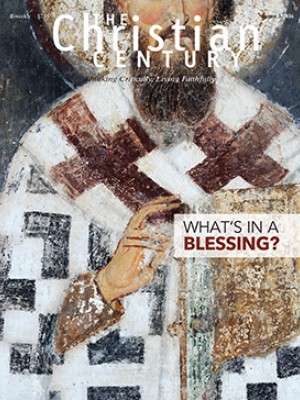Elie Wiesel, Holocaust survivor and teacher of tolerance, is dead at 87
Elie Wiesel, a Holocaust survivor and Nobel Peace Prize winner, died at age 87.
Yad Vashem, Israel’s national Holocaust memorial and museum, confirmed July 2 that he died at his home in Manhattan.
As an author, playwright, professor, and speaker, Wiesel dedicated his life to the remembrance of the 6 million Jews and millions of gay and lesbian people, Roma, and others who perished in the Nazi death camps.
“To forget the dead would be akin to killing them a second time,” he wrote in Night, which was first published in 1956 and translated into more than 30 languages.
In awarding the Peace Prize in 1986, the Nobel Committee praised Wiesel as a “messenger to mankind” and “one of the most important spiritual leaders and guides in an age when violence, repression, and racism continue to characterize the world.”
Wiesel used his moral authority to call attention to persecuted peoples the world over, including the victims of the war in former Yugoslavia, apartheid in South Africa, the Kurds, victims of famine in Africa, Nicaragua’s Miskito Indians, Cambodian refugees, and Argentina’s disappeared.
Read our latest issue or browse back issues.
“Sometimes we must interfere: when human lives are endangered, when human dignity is in jeopardy, national borders and sensitivities become irrelevant,” Wiesel said. “Whenever men or women are persecuted because of their race, religion, or political views, that place must—at that moment—become the center of the universe.”
Wiesel’s own persecution at the hands of the Nazis began when he was 15, and he and his family were deported from their home in Sighet, Transylvania, to Auschwitz, where his mother and younger sister died. His two older sisters survived.
Toward the end of the war, Wiesel and his father were transferred to another slave labor camp, Buchenwald, where his father was killed.
Those who knew Wiesel personally said he was a somber man. An old friend, Irving Abrahamson, once said of him: “I’ve never seen Elie give a belly laugh. He’ll chuckle, he’ll smile, there’ll be a twinkle in his eye. But never a laugh from within.”
Wiesel moved to New York in 1956. In 1976, Boston University appointed Wiesel as a professor in the humanities, and he taught in the university’s religion and philosophy departments.
Bromleigh McCleneghan, a pastor and author in Illinois who took one of Wiesel’s classes at Boston University, wrote for Century blog that Wiesel’s message was a complicated one.
“Wiesel studied the contours of life and death for victims—but also for perpetrators and the societies that gave rise to them,” she wrote. “Under his tutelage, we learned that no one has a monopoly on suffering; our compassion must be for everyone.”
While noting his saddened air, she wrote that Wiesel lived in hope of recognizing the causes of genocide and preventing it.
“His hope and conviction continued,” she wrote, “even though we continue to fail.” —Religion News Service; added source






